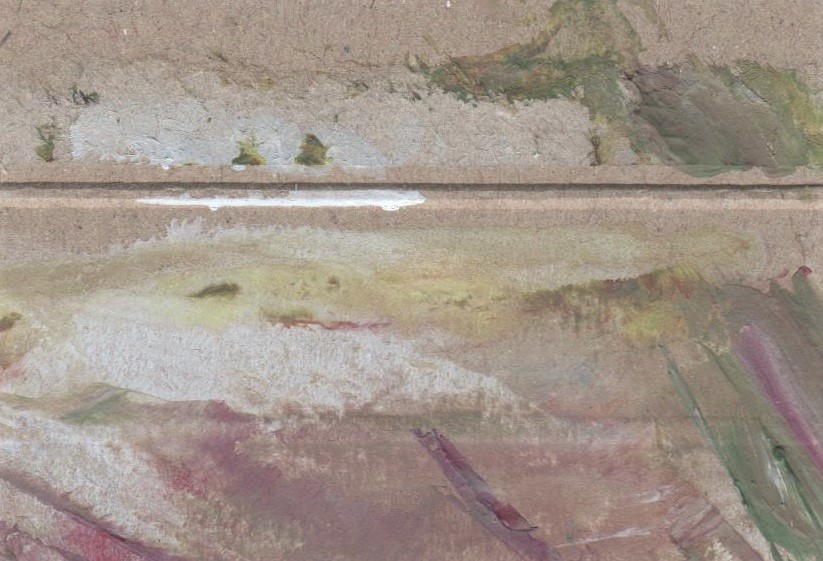History as I was taught it was basically one thing after another…
Getting to know the sequence, the flow, became more sophisticated as the flood broadened,
But it was still sequence and consequence
One thing that was missing, was contemplation and penetration of moments, short and drawn out moments…
So for instance I read a bit about Solon, in the Ancient History course in my degree. But nothing led me to stop and think what was to be learned from Solon about living together in society. What did he bring to awareness about human beings and social necessity and possibility and manage to build into the longer term?
How is this light for us today?
I think in the background of much history teaching as I received it in the 1950s was the feeling that this would help us, the learners, to be better citizens, better people. It was not merely about becoming informed about the past, it was an aid to wisdom for the present.
I am glad it was there in the background, and I could be affected by it. But it was inefficient as teaching. It has this value, this goal of better people, better citizens, but did not have a deep method for achieving it, at least insofar as anything like that can be expected of school or university education.
It could have been better, I think, if there had been more contemplative penetration of moments.
For instance, if Solon was more than mentioned, and more than narrated in his long-ago far-away place; if we had been asked, baldly, to think and say how he helps us to see better how to go about our responsibilities as citizens today.
That would not have required teachers to get anywhere near indoctrinating us. The exercise gave us the opportunity to see for ourselves, and so genuinely to learn.
What was required happened once for me.
I went to Brockenhurst Grammar School when I was 13, a third former. In the first lesson I had with J W Halliday, I was enthralled. My love of history had been killed by Jasper Dodd’s punitive rote-learning, sit up straight, don’t talk, method, at Bournemouth School for Boys.
Buck Halliday had us reading the American Declaration of Independence. We did not have to learn it by heart, and then repeat it, which was Jasper’s deadly style, but rather pointed us to the phrase about all men being created equal, and asked, Is that so? And then expected us to talk about it.
I think he did the same with the Gettysburg address, a few weeks after.
I owe my becoming an historian, and my going to Cambridge, both to his inspiration and support.
This bit of schooling chimes with an element in my churchly upbringing. We didn’t make anything much of ritual, but we read the Bible, searched bits of it deeply looking for light on living. We heard the stories of the Bible and were taken through them as though we were there, to work through the dilemmas and possibilities they disclosed.
Detached metaphysics or other theory was not prominent in sermons though it lurked around them. We imaginatively lived the narrative, letting it spark meaning into our present.
This note was provoked by BBC In our Time on Solon the Lawgiver, 23 March
I gave them the best laws they would receive
Reconciled people because both sides hated him, neither had got all they wanted, but he averted war and total loss….
